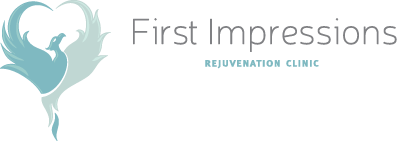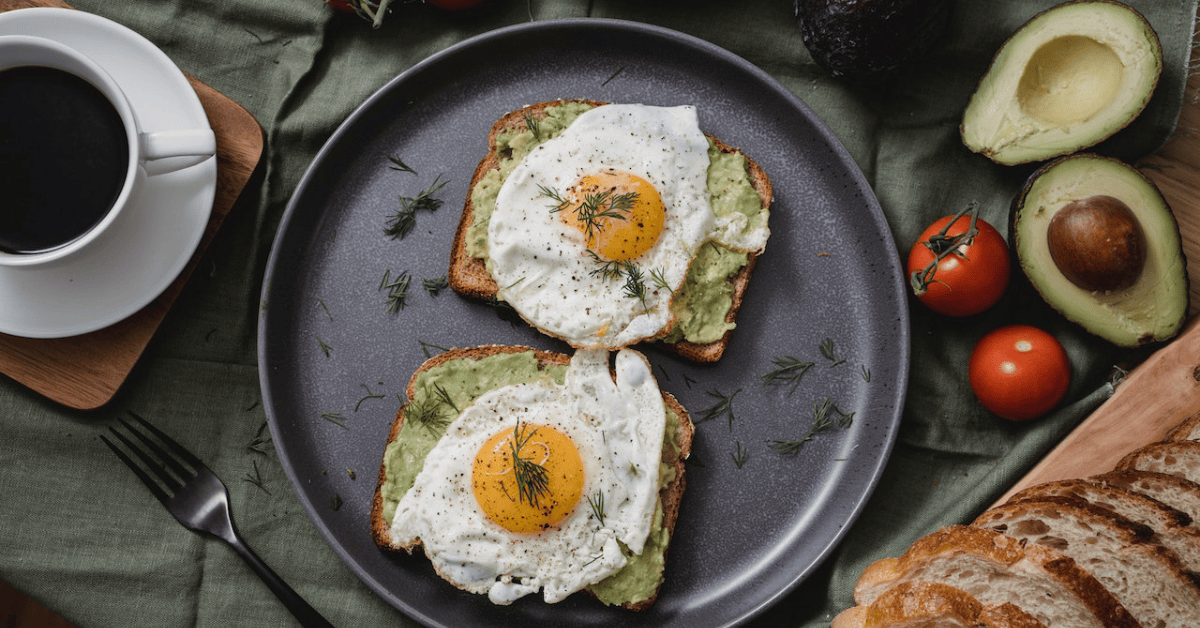Hair loss can occur due to aging, stress, side effects of certain medications, genetics, and even how you eat. The nutrients your body absorbs from your diet play a pivotal role in hair growth. You can eat many foods to boost your hair health and promote hair growth. On the flip side, there are also foods and specific diets you can incorporate into your daily lifestyle to prevent hair loss. Let’s take a look at the best foods to prevent hair loss.
Best Foods to Prevent Hair Loss
Avocados – These green fruits are truly a superfood. Avocados contain healthy fats that are essential for soft and luminous hair. Avocados can help boost your collagen and elastin supplies, helping your hair grow stronger. They contain B12 and Vitamin E as well. And if you don’t want to eat them, you can always choose a conditioner with avocados or avocado oils to support your hair health.
Walnuts – If you notice excess hair shedding when you style your hair, grab a fistful of walnuts. These tasty nuts contain B vitamins, protein (necessary for hair growth), magnesium, and biotin. Combined, these nutrients can support your hair follicles. They also taste great in salads!
Barley – Here’s a grain you don’t usually think of when it comes to your health. Alongside a healthy dose of Vitamin E, barley also contains iron and copper. These minerals play a crucial role in red blood cell production. Red blood cells help nutrients get to your hair follicles under the surface of your scalp.
Eggs – Scrambled, fried, poached, or hard-boiled. It doesn’t matter how you like them; you can eat eggs to stop hair loss. Eggs contain a hair growth factor that stimulates the cells that control hair production during your growth cycles. They also contain vitamin B8 and biotin, which can help prevent hair loss. Let’s not forget the protein in eggs!
Oranges – Citrus fruits loaded with Vitamin C are your hair’s best friend. Vitamin C is a key player in collagen production. You can also find Vitamin C in peppers, dark leafy vegetables, and tomatoes. Don’t try to load up to make up for lost Vitamin C in your diet, though. The body doesn’t store it very well. If you don’t like oranges or if they are too acidic, red bell peppers also pack an excellent Vitamin C punch.
Spinach – Speaking of dark leafy greens, spinach contains a lot of iron and sebum. Sebum is a natural oil your scalp produces to moisturize your hair. Spinach also offers a healthy dose of omega-3 acids, magnesium, potassium, calcium, and iron.
Salmon – You’ve probably heard how important omega-3 fatty acids are to your overall health and wellness. Your hair health is no exception. Omega-3s can support full hair growth and hair shine. Salmon also contains anti-inflammatory properties. Sometimes hair loss is due to inflammation, making salmon a tasty choice to stop hair loss.
Oatmeal – Fiber is your friend. Not only does it keep your digestive system in check, but it also impacts your hair health. Oats contain beta-glucans, which is a soluble fiber. Fiber can also improve high insulin sensitivity. Why is this important? Well, male and female hair loss can be associated with insulin resistance. Fiber improves the body’s insulin sensitivity.
Oysters – For hair to be shiny, healthy, and strong, you must incorporate zinc-rich foods into your diet. Take oysters, for example. The oysters’ zinc helps rebuild your hair and support its natural growth cycle. Zinc deficiency is linked to hair loss.
Soybeans – If you don’t have a soy allergy, soybeans are a must-have to stop hair loss. They contain a unique compound called spermidine. This compound can prolong the active growth phase (anagen phase) in the hair growth cycle.
Best Diets to Stop Hair Loss
Now that you have a good idea of what foods to eat to prevent and stop hair loss, let’s take a quick look at specific diets you can incorporate into your daily lifestyle to support your hair’s health.
Low Glycemic Diet
A low glycemic diet comprises foods with a low glycemic index. This means the food does not raise blood sugar levels (or does so, but on a very low level). A glycemic index of 1 to 30 is considered low, while a value of 50 to 70 would be considered high. You can easily look up charts and tables that calculate the glycemic index of your favorite foods. Refined foods, or processed foods such as cereals, snacks, and baked goods, will be high on the glycemic index. In contrast, foods such as apples, boiled lentils, and carrots are low.
Sugar can cause hair loss in a variety of ways. Too much sugar can lead to glycation, which causes proteins in your hair to break down. This can speed up the aging clock on your hair follicles, even making them disintegrate.
High Fiber Diet
Fiber-rich diets are excellent for gut health. Since your entire biological systems are related (yes, gut health and hair health are related), a high-fiber diet can aid in stopping hair loss. Dietary fiber, a carbohydrate, resists digestion and absorption. The ability to improve and maintain metabolic health may be the key to stopping your hair loss.
High-fiber foods to enjoy include seeds, fruits, and vegetables. Avoid processed and packaged foods, as they tend to be low in fiber and high in sodium.
Probiotic Diet
Since a healthy gut is related to healthy hair, you can see why a probiotic diet that supports healthy gut bacteria could stop hair loss. Eating probiotic-containing foods such as Greek yogurt, Kombucha, pickles, and Kiefer can help balance your gut’s microbiome and keep everything (including your hair growth cycles) in check.
Treatments for Hair Loss
In addition to a healthy diet and incorporating the foods above into your lifestyle, there are additional treatments you can consider to combat hair loss. One such treatment involves using platelet-rich plasma; a growth factor derived from your very own blood. It is injected into the scalp using a very fine needle. These growth factors stimulate collagen and elastin production, helping your hair regrow naturally using naturally occurring substances from your own body. The platelet-rich plasma will also increase blood supply to the hair follicles and boost the thickness of the hair shaft.
Diet and exercise go hand in hand when it comes to hair health. Remember, your hair loves protein which you can get from almonds, chia seeds, poultry, and fatty fish. Your hair also needs Vitamin E, Vitamin D, and trace minerals such as iron, magnesium, and selenium. Let’s not forget that the all-powerful B complex and biotin support hair growth.
Since stress can cause hair loss, you’ll want to investigate ways to reduce your stress as much as possible. Exercising can increase circulation throughout your body. This helps nutrients get to your hair follicles faster. Exercising also fights insulin resistance, which helps with the breakdown of sugars. Not to mention exercise is also an excellent choice for stress reduction!
Getting the Answers You Need
Everyone’s hair journey is different. Sometimes you need to spend some time with hair experts to determine what may be causing your hair loss and what you can do about it. From finding the right products to hydrate and nourish your hair to determining what foods your diet may be lacking (or consuming too much of), having expert support can get you on the right track to the mane you’re proud to wear.
To get some of the answers to your hair loss questions, consider booking a comprehensive consultation with First Impressions Rejuvenation Clinic. The expert team at First Impressions is ready to answer any of your questions and provide recommendations on the following steps to reach your hair goals. You may be a great candidate for platelet-rich plasma or need to step up your shampoo and conditioner game. Whatever the reason, the First Impressions team is looking forward to supporting you in any way they can.
Your hair is part of your personality. Losing it can be a massive hit to your self-esteem and identity. Don’t let hair loss stop you from living your best life. Take note of these healthy foods and keep track of your diet today. Your hair will thank you.
********************
You diet. You exercise. You do everything right. Why is it that when you look in the mirror, you still see stubborn fat that just won’t hit the road? If you experience this frustrating phenomenon, you may want to consider a non-invasive remedy to lose that stubborn fat. Coolsculpting® treatment may be the right fit for you. Learn more when you download our FREE ebook, The #1 Secret about Fat Cells.

